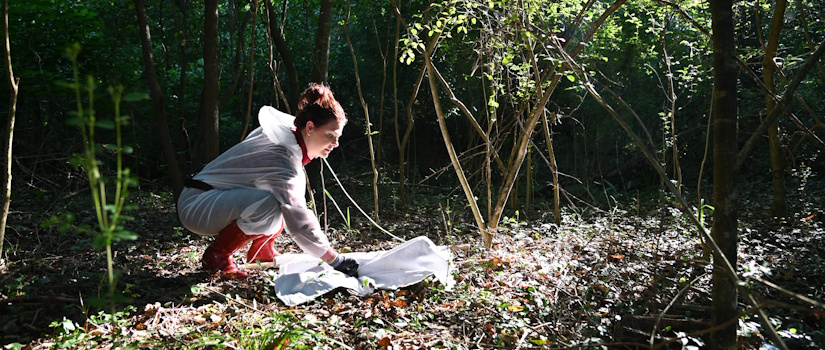Project Significance
Brazil has a long history of mosquito-borne outbreaks. Outbreaks caused by zika, dengue and chikungunya viruses started in the Amazon and spread to the continental USA. Identifying emerging arboviruses of epidemic potential from the Amazon is critical for the USA, as the same mosquito vector species exist nationally and these mosquito species are predicted to quadruple in range expansions in the next 25 years, placing ~150 million Americans at-risk for mosquito-borne diseases.
Research Innovation
Our pathogen emergence project fills the scientific research gap by applying next generation sequencing to paired patient and mosquito surveillance studies to generate key data for disease prediction modeling.
Research Questions
Purpose
Uncover the ecological characteristics associated with successful novel arboviral
spillover events in the Western Amazon through paired undifferentiated febrile human
and mosquito surveillance.
Hypothesis
Newly deforested fragmented habitats at the start of the rainy season will experience
the highest arboviral infection prevalence among humans and associated animals within
their immediate homestead.
Method
The collection and testing of samples from local persons, animals, and mosquitoes
near newly deforested regions of the Amazon will allow for real-time disease confirmation
and treatment of infectious diseases. Additionally, the data we collect will be employed
to determine predictive determinants of emerging arboviral-human spillover events.
Vision
By addressing the origins and spillover of novel mosquito-borne diseases in real-time,
we hope to effectively prevent and mitigate potential epidemic threats.
SC Impact
While this research will improve the lives of all individuals in South Carolina, populations affected by health disparities will greatly benefit from this project’s focus area and the institute’s work at large.
